Posted in: 07/04/2022
We live in a time of challenges to the constant search for prosperity . To the new social demands are added existential risks, not only for us human beings, but for life on Earth as we know it today: new pandemics, the global environmental crisis, the constant danger of self-destruction by nuclear weapons. Threats created by humanity, by our inventive capacity and intelligence, which need to be recognized and overcome. In a globalized world, solutions involve the evolution of international pacts and agendas aimed at promoting sustainability .
Apparently, however, these solutions are fragile. The great inequalities and priorities between nations make it difficult to implement solutions. The current conflict in Ukraine makes us reflect on this. Far beyond the local impacts – devastated fields, chemical contamination, immensity of waste without destination – we see Europe resuming the use of coal for power generation, the pressure for the resumption of nuclear energy and the growth of inflation triggering a resistance to the costs of new energetic matrices.
Despite being startling, this complex context is not foreign to us. In 1972, in a context of deep global geopolitical divisions , arms races and environmental pollution, the United Nations brought together representatives of nations and peoples in the capital of Sweden in its first major conference on the environment . In the concepts of that moment, economic growth and ecology needed to be reconciled. In 2022, the world once again meets in Stockholm , revisiting the past and building the paths to a common future .
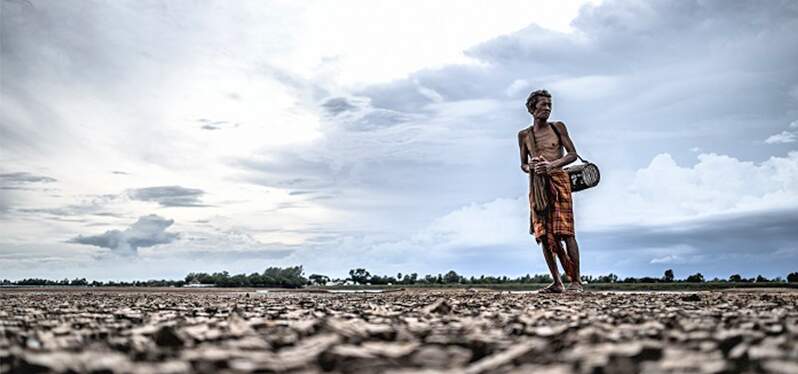
It is evident that the international environmental regime has evolved, but it is not being fast or enough to contain the current challenges. The Stockholm+50 conference seeks to maintain the political commitment and ambitions of actions already agreed upon. It aims to get back on track with concrete measures to contain the global environmental crisis, implement the Sustainable Development Goals and an additional package of measures to support those most affected by the pandemic. It wants, therefore, to reinforce the common principles and bases of international environmental law , at the same time that it indicates the need to assume new responsibilities and act now.
Brazil needs to rescue its tradition of leading role in international environment negotiations, as a positive agenda for the country. We are the guardian of the greatest biodiversity on Earth , a thriving producer of food and natural resources, fundamental to global food and climate security . Our wealth must, therefore, be a central element in our development, placing the bioeconomy as a great platform of opportunities for all. This natural heritage is under our responsibility and may be our greatest opportunity of this century. The Amazon symbolizes this natural grandeur, but the richness of biodiversity is found throughout the territory, and should be a source of pride for Brazilians.
Perhaps the time has come to reflect on the interaction of man and the environment from a new perspective. It is necessary to dimension the value of traditional communities , indigenous populations, ethnic groups in extinction, in the containment of climate changes. It is necessary to measure, calculate and mitigate the negative impact of a riverside community joining the livestock activity , in relation to carbon production . We must understand the benefits of the bioeconomic activity of an indigenous population in the conservation of the forest, introducing these values in the transactions of the carbon markets.
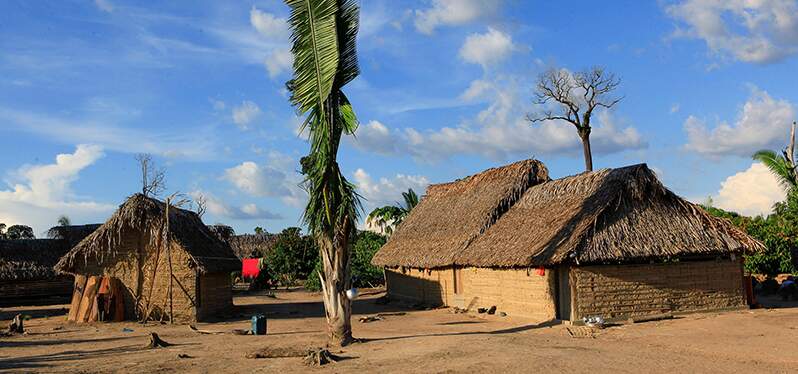
It is a world fundamentally integrated by economic issues. It is therefore necessary that value and social cost be included in the environmental balance , participate in the accounts on the markets of environmental assets, in the prioritization of global trade policies, such as socio-environmental requirements . For example, how much does sanitation in an unhealthy neighborhood minimize water contamination, and what is the socio-environmental value of this positive impact?
It is a discourse that appears to be idealistic, but which has the means to advance. Europe, the United States and China already have their ecological pacts , with large sums of investment allocated to promote the transition to a low-carbon economy , leveraging post-pandemic efforts. Brazil, in turn, has a legal framework that can support new advances. The 1988 Federal Constitution is our social pact and contemplates harmony between society and the environment . It is on this point that we must move forward, regaining the confidence of external partners, who can contribute and invest in new models based on the bioeconomy.
The country has not only the conditions , but also the means to take advantage of this moment. We already proved that we know how to do it. Research centers and universities, the productive sector, institutions, civic spaces, culture, are dynamic elements capable of contributing to the transition to the bioeconomy , in our own way. We are, for example, champions in tropical agriculture , biotechnology and renewable energies . This is not little.
The Stockholm Conference reminds us that there is no time for distractions. The shadows of authoritarian visions, quick gains and easy speeches cannot put the socio-environmental challenges of our time in the background. The environmental and climate crisis requires appropriate responses and prioritized concrete actions . Brazil must be part of the solution, but for that we must return to our past commitments and move forward. There is therefore so much to do that we have so much left to do.
Luiz Eduardo Rielli – Partner at NOVí Consultoria. PhD student in Sustainable Development Policies and Climate Change at the University of Lisbon. He was at the Stockholm + 50 Conference.
Maria Albuquerque – Founder and CEO of Synergia Socioambiental. PhD in Urban Environmental Structures from the Faculty of Architecture and Urbanism of the University of São Paulo.
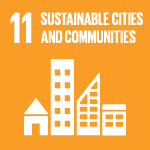
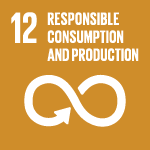
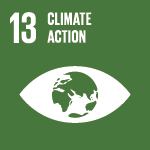
Sign up and receive our news.